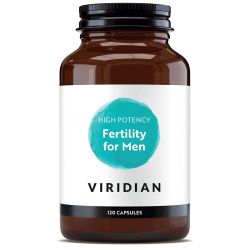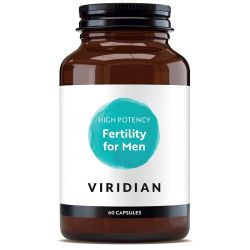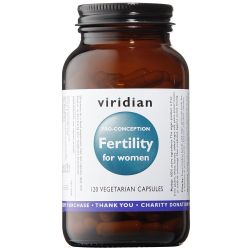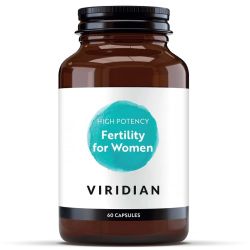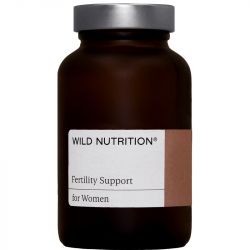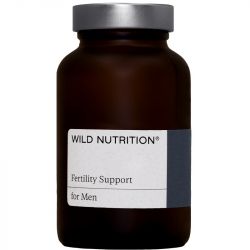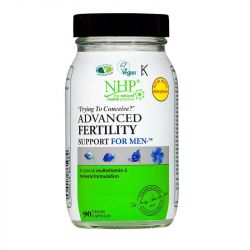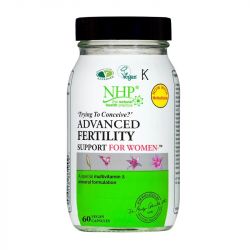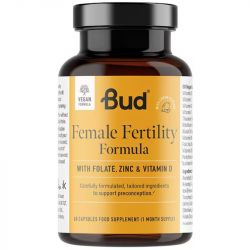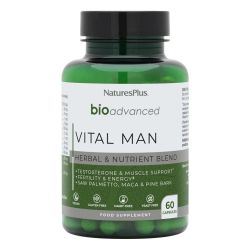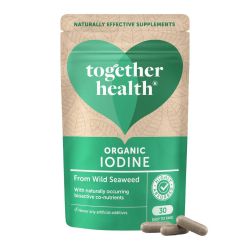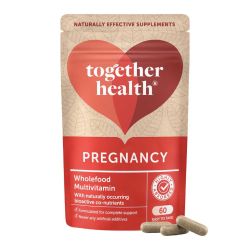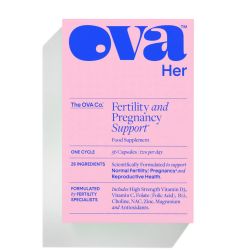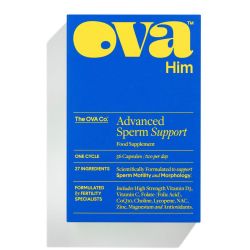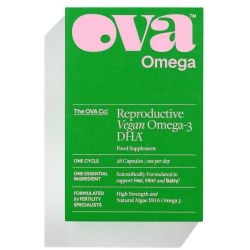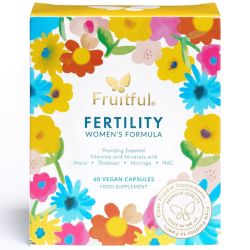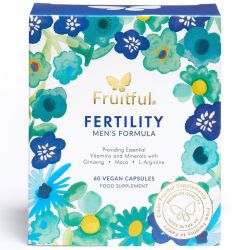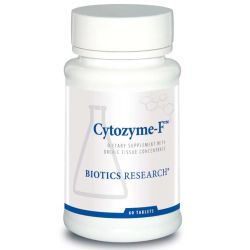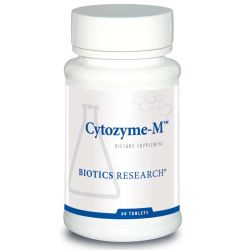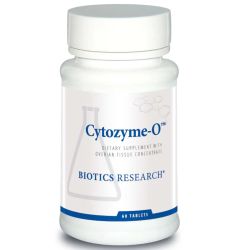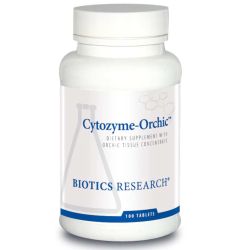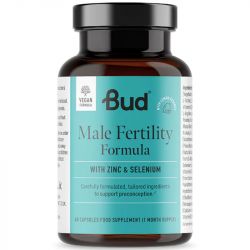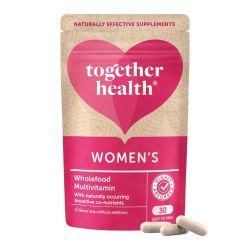Fertility Supplements
Boost your chances of conception with fertility supplements designed for those trying for a baby. These supplements pre-pregnancy vitamins provide essential nutrients to support reproductive health and enhance fertility.
- Together Health Womens Multivitamin & Mineral Caps 30Special Price £7.99 Regular Price £9.99Out of stock
All you need to know about Fertility
What are the reasons for not getting pregnant when everything is normal?
Even when all medical tests appear normal, there can still be underlying factors affecting fertility. Hormonal imbalances, stress, and lifestyle choices like diet and exercise can play significant roles. For example, conditions such as polycystic ovary syndrome (PCOS) may not always be evident in standard tests but can disrupt ovulation. Nutritional deficiencies, such as low levels of essential vitamins and minerals, can also impact reproductive health. Supplements like DHEA can improve ovarian function and support egg quality, while male fertility supplements can enhance sperm health.
What are the best pre-pregnancy vitamins to take?
The best pre-pregnancy vitamins include folic acid, which is essential for preventing neural tube defects in the developing fetus and is typically recommended at a dose of 400-800 micrograms per day. In addition to folic acid, vitamin D is crucial for reproductive health, helping to regulate the menstrual cycle and supporting overall fertility. Vitamin B12 is also important, particularly for women following a vegetarian or vegan diet, as it supports healthy nerve function and DNA synthesis. Iron helps maintain adequate blood levels, while omega-3 fatty acids support brain development in the fetus.
How can DHEA supplements help with fertility in the UK?
DHEA (dehydroepiandrosterone) supplements are often recommended in the UK for women experiencing age-related declines in ovarian reserve and egg quality. Research suggests that DHEA can improve ovarian response in women undergoing fertility treatments, such as IVF. It works by increasing the production of sex hormones, which may help regulate the menstrual cycle and enhance ovulation. DHEA supplementation can also support the health of the endometrium (the lining of the uterus), making it more receptive to implantation. However, it’s important for individuals considering DHEA to consult with a healthcare professional to determine appropriate dosages and assess whether it's suitable for their specific fertility challenges.
Do male fertility supplements really make a difference?
Yes, male fertility supplements can make a significant impact on sperm quality, quantity, and motility, all of which are essential for successful conception. Key ingredients such as zinc play a vital role in testosterone production and are important for the overall health of sperm. Selenium acts as an antioxidant, protecting sperm from oxidative stress, while vitamins C and E can improve sperm function and prevent damage. Studies have shown that regular supplementation with these nutrients can lead to improvements in sperm parameters. Men looking to enhance their reproductive health can benefit greatly from a targeted approach that includes high-quality male fertility supplements.

